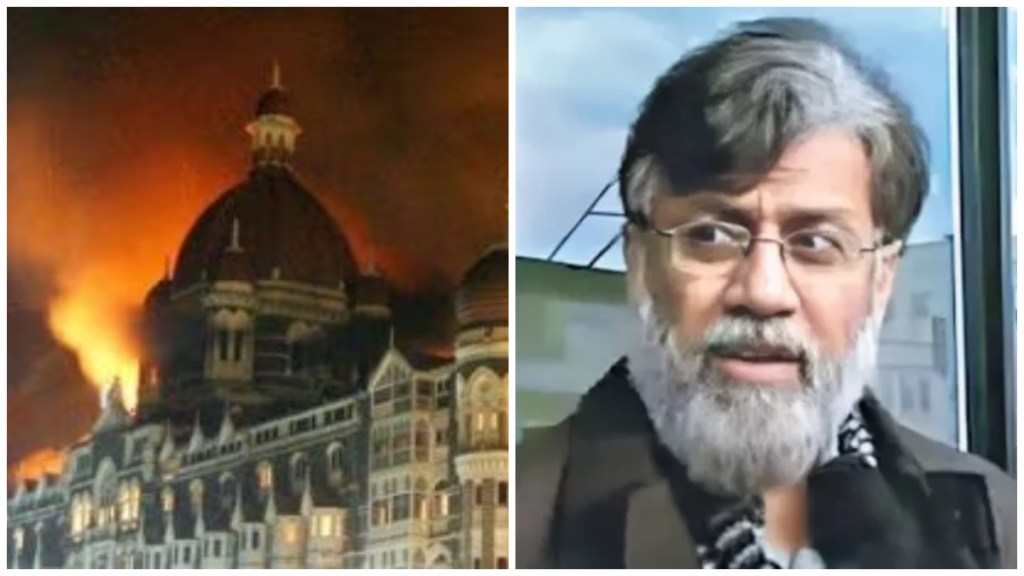The US Supreme Court on Saturday approved the extradition of Tahawwur Rana to India. Rana is convicted for his role in the 2008 Mumbai terror attacks. A Canadian national of Pakistani origin, Rana is accused of facilitating the attacks that killed 166 people, including six Americans, during a 60-hour siege in Mumbai. India has sought his extradition for years. After losing legal battles in multiple courts, Rana’s appeal to the Ninth Circuit and the Supreme Court was rejected, marking the end of his attempts to avoid extradition. This decision is seen as a significant victory for India. But what next? Let’s find out what are the cases that are pending against Rana in India:
Cases against Tahuwwar Rana pending in India
Tahawwur Rana, apart from being implicated in the 2008 Mumbai terror attacks, is also sought for his alleged involvement in plotting attacks on the National Defence College and Chabad House, a Jewish outreach center in Mumbai. He is further accused of aiding a plan to target a Danish newspaper over cartoons of Prophet Muhammad, a plot involving David Headley.
Rana’s link to the 26/11 attacks stems from his association with David Headley, a Pakistani-American LeT operative who played a key role in planning the attack by gathering intelligence and conducting reconnaissance.
Tahawwur previously lost legal challenges in several US federal courts, including the US Court of Appeals for the Ninth Circuit in San Francisco. On November 13, he filed a petition with the US Supreme Court seeking a review of the lower court’s ruling.
Rana, currently held at the Metropolitan Detention Center in Los Angeles, is linked to Pakistani-American terrorist David Coleman Headley, a key planner of the 26/11 Mumbai attacks. Rana had permitted Headley to use the cover of First World Immigration Services to establish a branch in India for reconnaissance purposes.
The US government opposed Rana’s petition, with Solicitor General Elizabeth B. Prelogar arguing on December 16 that he is not entitled to avoid extradition to India. Prelogar contended that India’s charges, including forgery, involve conduct not prosecuted in the US, such as submitting false information to the Reserve Bank of India to open the branch office.
Rana argued that he had been tried and acquitted in a federal court in Chicago on charges related to the 2008 Mumbai attacks, claiming India’s extradition request is based on the same conduct. However, Prelogar disagreed, stating that not all of India’s charges overlap with the previous US case.
The 2008 Mumbai terror attacks, carried out by 10 Pakistani terrorists, resulted in a 60-hour siege at prominent locations in Mumbai, leaving 166 people dead, including six Americans.


